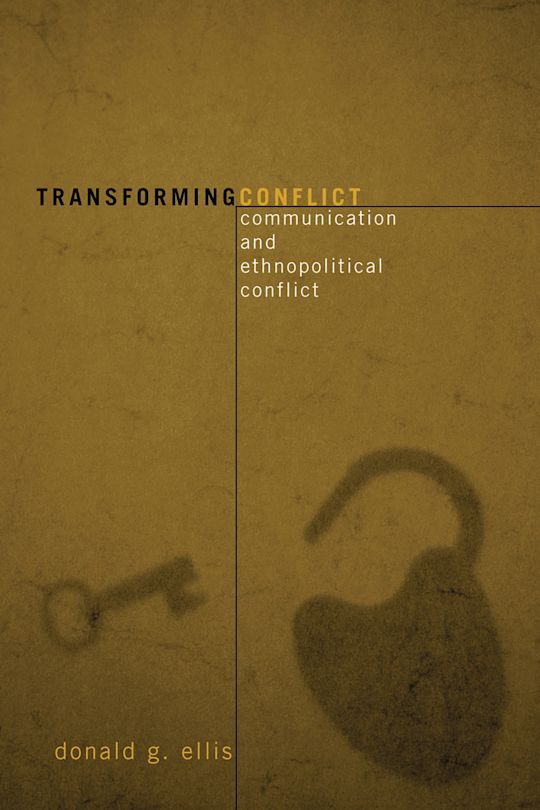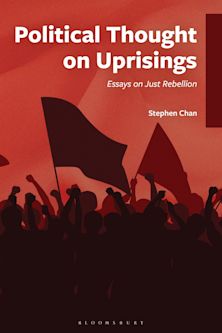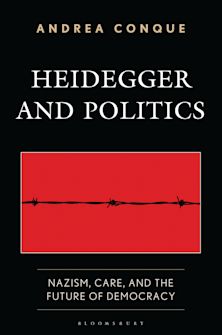- Home
- ACADEMIC
- Politics & International Relations
- Political Theory and Philosophy
- Transforming Conflict
This product is usually dispatched within 1 week
- Delivery and returns info
-
Free US delivery on orders $35 or over
Exam copy added to basket
Choose your preferred format. Please note ebook exam copies are fulfilled by VitalSource™.
You must sign in to add this item to your wishlist. Please sign in or create an account
Description
This student-oriented book introduces and explains the dynamics of conflict and resolution_particularly in ethnic, ethnopolitical, and intercultural or intergroup conflicts. Providing a basic overview of the elements of group conflict, ethnicity, identity, and diasporas, the book also explores the role of the mass media and key ways of using communication principles to understand and resolve conflict. It focuses on how to resolve problems by changing relationships and building new patterns of communication, not just managing or settling problems through acceptable political agreements. Transforming Conflict is a valuable text or supplement for courses in conflict resolution as well as international, group, or intercultural communication.
Table of Contents
Chapter 2 1 Group Conflict
Chapter 3 2 Ethnicity and Conflict
Chapter 4 3 Identity Conflicts and Communication
Chapter 5 4 Diasporas, Media, and Globalization
Chapter 6 5 Media and Political Conflict
Chapter 7 6 Micro and Macro Communication Issues and Ethnopolitical Conflict
Chapter 8 7 Resolving Conflict
Chapter 9 References
Product details
| Published | Apr 27 2006 |
|---|---|
| Format | Hardback |
| Edition | 1st |
| Extent | 214 |
| ISBN | 9780742539938 |
| Imprint | Rowman & Littlefield Publishers |
| Dimensions | 9 x 6 inches |
| Series | Communication, Media, and Politics |
| Publisher | Bloomsbury Publishing |
About the contributors
Reviews
-
No topic is more pertinent to contemporary social problems than ethnic conflict. Ellis integrates a wide array of political, psychological, and media literature to analyze symbolic and communicative approaches to ethnic conflicts. Challenging traditional perspectives, he presents a refreshing and powerful way to integrate micro processes with macro-political approaches through focusing on communicative relationships. This book is a must-read for practitioners, students, and scholars who aim to promote second-order change and conflict transformation.
Linda L. Putnam, Texas A&M University
-
Transforming Conflict is an admirable achievement. Don Ellis has produced an excellent and timely book examining not only the material and psychological causes of ethnic conflict but also bringing in the under-analyzed but crucial aspect of communications. Conceptually clear and empirically informed, this book is a must-read for students of ethnic conflict.
Richard C. M. Mole, University College London
-
Here is a most timely addition to our libraries: a book about getting along when nobody wants to get along. Today’s problems will not be solved by yesterday’s solutions. We can learn from our history; that is how we develop new solutions. If you are confronted by conflict that resists resolution, that seems to strike at the essential identity of some of your members and seems impervious to all that has worked before, this may be just the book for you.
Rev. Dr. David Moffet-Moore, Ph.D., D.Min.



































